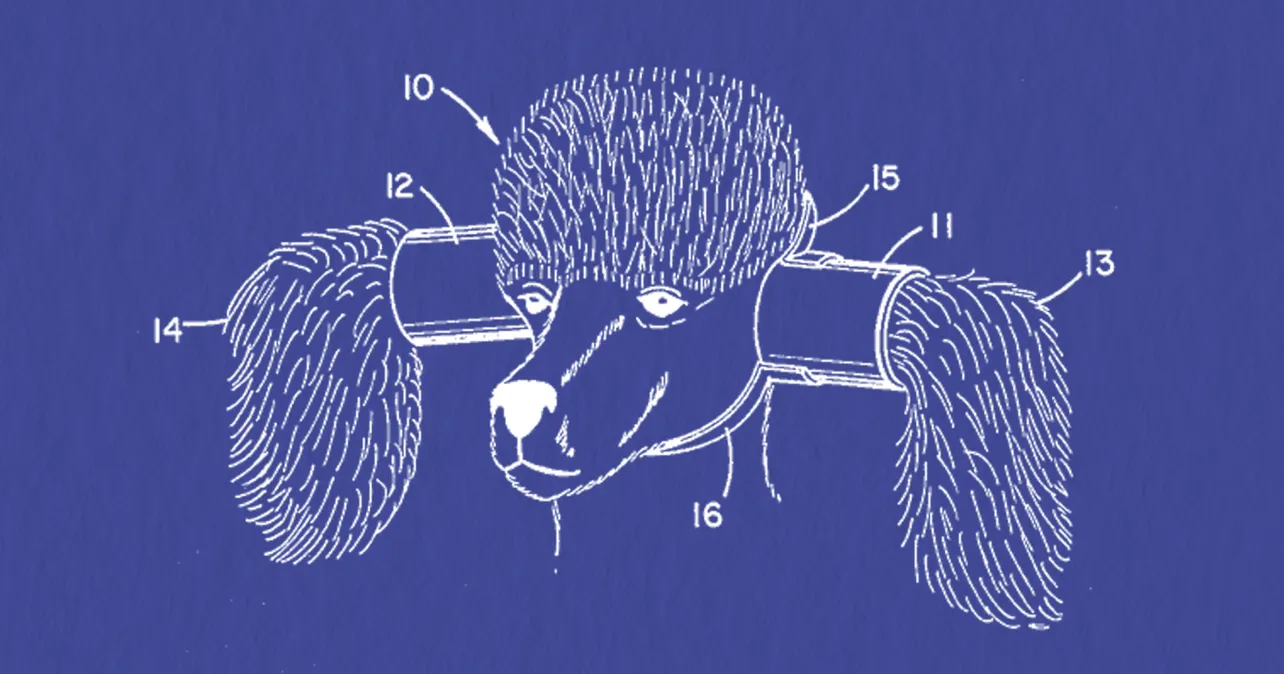If magic is your business, you may be concerned about other people copying your work—your script, the design of your props, even your name. Going back to Harry Houdini, magicians have lamented their inability to protect their intellectual property. But it is not impossible! This month I’ll show you why the New York Law Journal called me “the leading authority on how IP law applies to magic” (I’m proud, don’t judge me). I’ll give you basic information about what intellectual property laws cover and don’t cover, and we’ll look at one simple, relatively inexpensive thing you can do to protect your business.
Please note: (1) While I am a lawyer, I’m not your lawyer and this is not legal advice; and (2) I am most familiar with U.S. and New York state law. Many countries have similar stances on intellectual property, but there are differences (as there are from state to state), so check local laws before taking action.
There are four main types of intellectual property: patents, copyrights, trademarks, and trade secrets.
Magicians rarely have information that will qualify as a trade secret. Trade secret protections were created to deal with industrial espionage, or to stop a disgruntled employee from stealing KFC’s recipe for its blend of herbs and spices and selling it to another restaurant, for example. The requirements to succeed in a lawsuit for theft of a trade secret are exacting. You must have secret information that gives you an advantage against your competitors, like the formula for Coke. While we keep secrets from our audiences, most of our secrets are known to other magicians, so that information would not be considered a trade secret. Also, trade secret law protects against people who would sneak in or bribe an employee to get the information from you, not from reverse engineering. So even if you had a secret other magicians don’t know, if someone watched you perform and figured out how to imitate the effect, trade secret law would not stop them from using what they learned. Nor do we usually have the authority to restrict access to backstage areas or the leverage to require nondisclosure agreements from staff members who do have access.

